

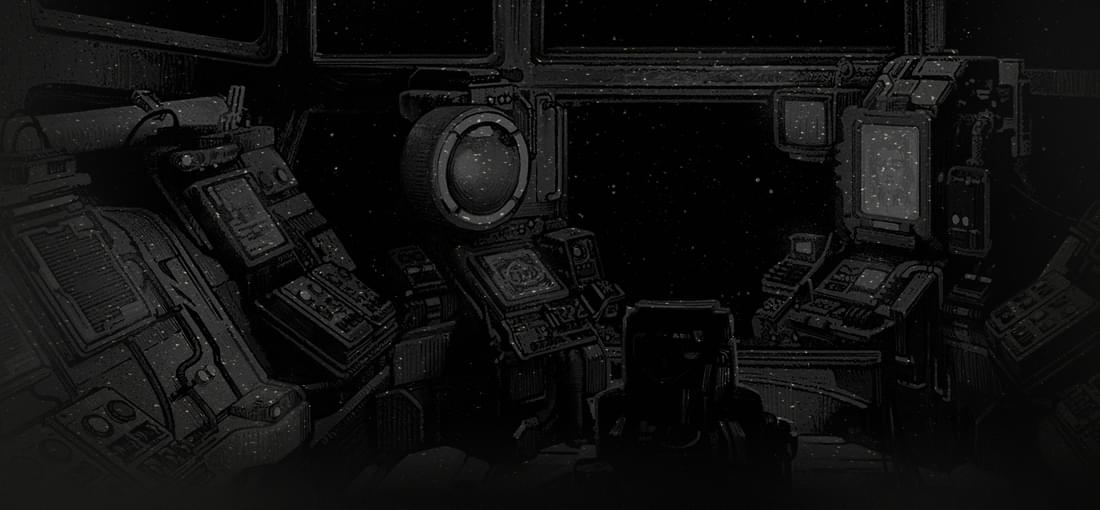
Borrowing the successful concept of Fallout, Skyrim and similar open world RPGs, The Outer Worlds tries to build on a strong foundation. Unfortunately, even the foundation is wobbly. The open world isn't quite so open, and quickly shows itself as a bunch of maps chained together. But these maps lack the level of detail you'd expect in more linear narrated games of similar nature. A vast portion of the terrain is generic or repetitive, colorful but devoid of any sort of realism. This also goes for population hubs. Its all there, but every time the execution and overall atmosphere seems to be lacking. The facade is not convincing and feels like a facade. Underneath the facade, we find a surprisingly rich RPG, not exactly in terms of combat, but certainly in terms of content. There is enough of it. The quality of dialogue is hit or miss, the eternal close-up with bokeh effect behind it feels like yet another easy copy pasta, and recalls the feeling of listening and watching Fallout's 'yet another same voice actor' dialogues. If this was the first 3D open world RPG or something akin to it, or an RPG that would explore interesting new concepts or gameplay, all of this would have been excusable. But for Obisidian its really not and it echoes a lot of what the studio produces: Mediocre stuff. But TOW is really also just not that fun to play.
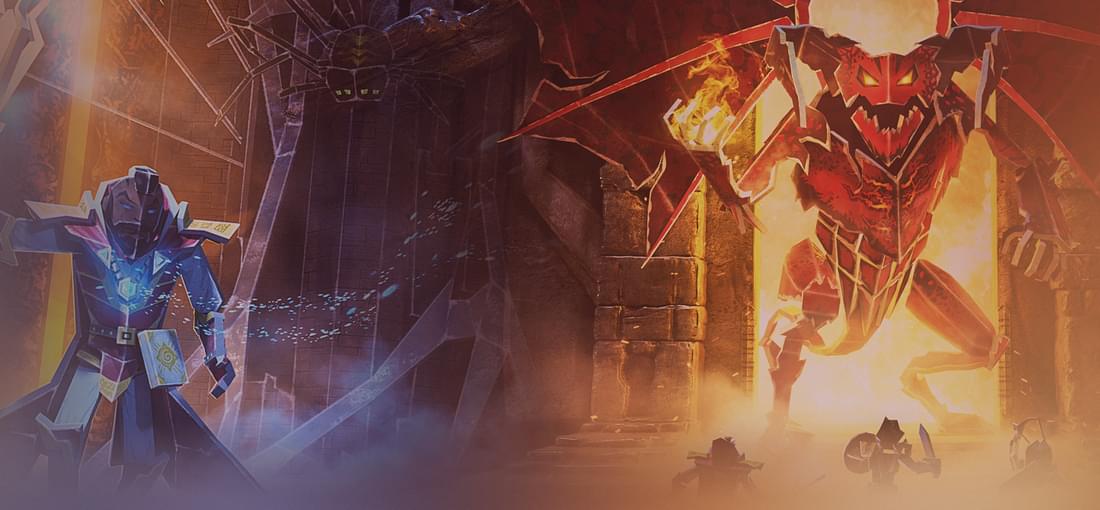
Book of Demons is a nostalgic re-imagination of Diablo and other early dungeon crawlers, but highly innovative in its gameplay. The loot system AND gameplay/character progression is all rolled into a single overarching concept of collecting cards. Loot means new cards with new abilities to build and change your character. There is no skill tree - you use cards. This makes every new playthrough a nearly randomized experience in terms of character progression and how it defines the way you play the game. The same class can approach builds in different ways and many skills have synergy, a lot of that becoming apparent as you use them. The discovery of how skills are best used is what keeps the game fun throughout, as different (mixes) of enemy types will force new strategies. The scope is limited though - after a 2-3 playthroughs per class (there are 3 classes) you've seen most the game has to offer. What's left for you then is difficulty scaling. The game is priced appropriately and what you do get until it burns you out is a unique dungeon crawler that presents very well executed mechanics and good complexity even if it looks simple at first glance. Rating 4/5 because there is a lot of untapped potential here, and the end-game is lacking.
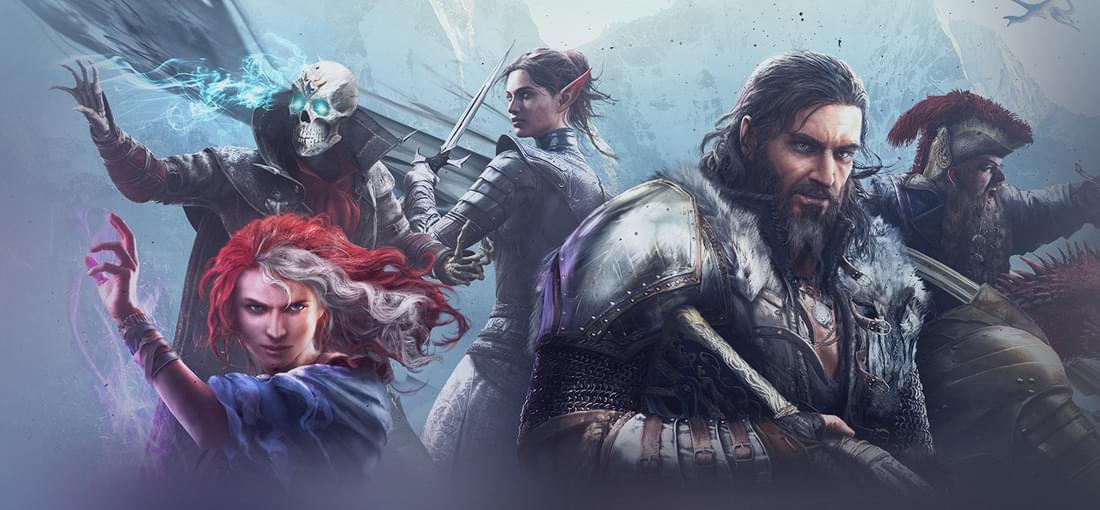
DOS 2 is simply a sequel to the first, brilliant entry that does everything just a little bit better. It feels more polished, fleshed out and expands upon a well designed game world with great lore and memorable moments. If you're an RPG fan, this simply needs to be on your bucket list.
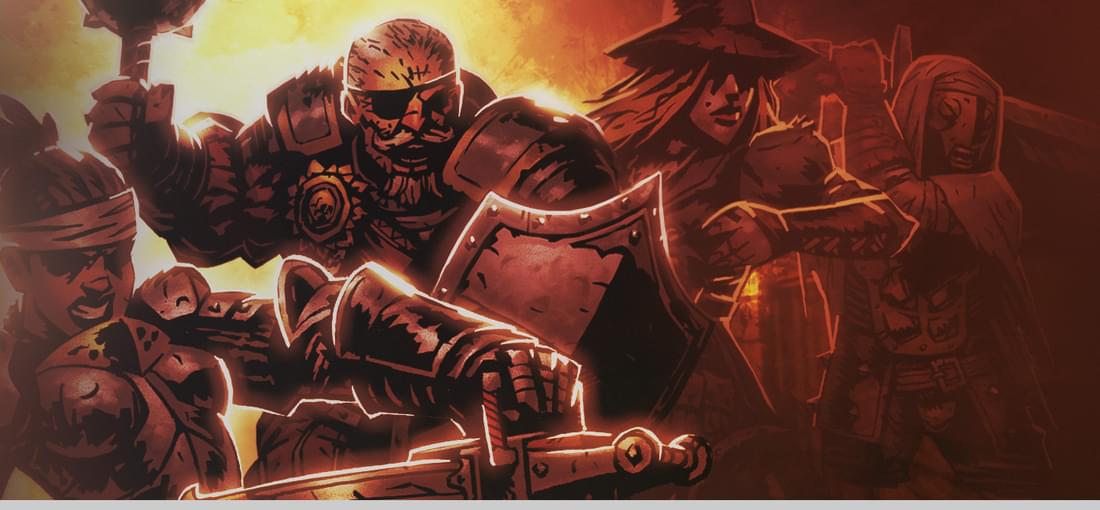
Darkest Dungeon is a party-based dungeon crawler with some nasty twists. Characters develop quirks, which can be positive or negative, and characters will die permanently. It takes a good while to understand the underlying mechanics of DD. And until you do, you will be overwhelmed by despair and possibly even toss the game out in pure frustration. But even in that time of despair, most likely you will have many a moment of joy, of hope, false hope, and of incredible luck. Just as likely, you will make an immense amount of mistakes, leading to the death of your whole party, those four fellows you loved and invested so much into... Most likely, you will hit rock bottom in your first playthrough - that is, you will deplete your gold, you will be unable to bring a set of torches and food supplies into your dungeon run, and you'll be overcome by that feeling of despair. And that is precisely where this game wants you. Get desperate, and you will find new ways to overcome the challenge. Get beaten down, and you will learn the degree of creativity this game asks of you. At some point you realise that all this time, you *have* been progressing after all, just in different ways. Your little town has been reconstructed quite reasonably, and you've been steadily learning mechanics and party setups. So with that knowledge, you tell yourself, 'Now, I'll do better'. You start planning ahead - not for one run, but for the next two or three runs. You get 'spare' heroes. You consciously start upgrading them, selectively and carefully choosing how to spend your earnings. And almost inevitably, you will once again be caught by despair as your next party wipes. All this time, you've been struggling, and going through emotions beautifully guided by a brilliant voiced narrator. That moment you crit at the most essential time in battle, or that moment you are praying to survive a death blow. It is those moments that this game wants to show you. How long will you last?
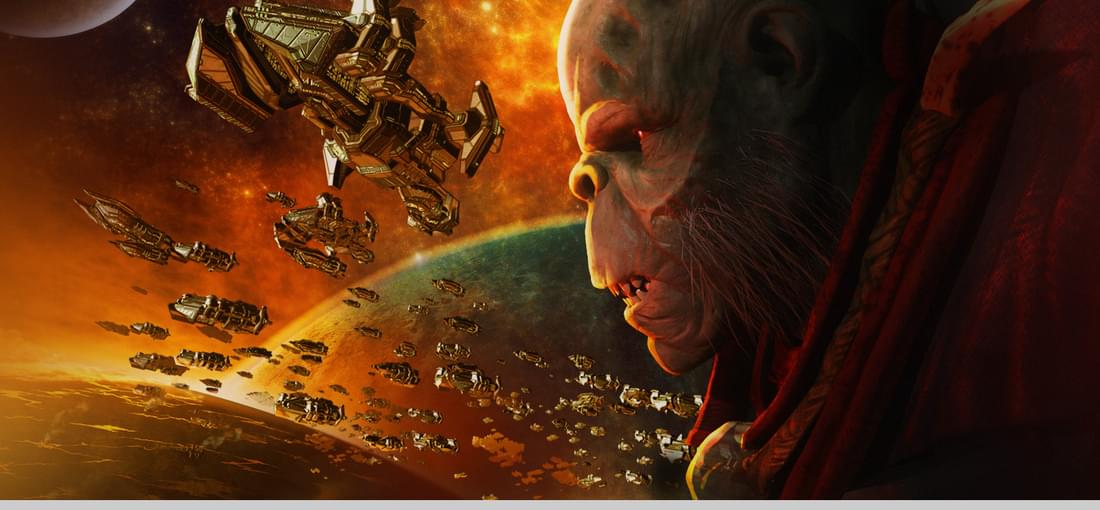
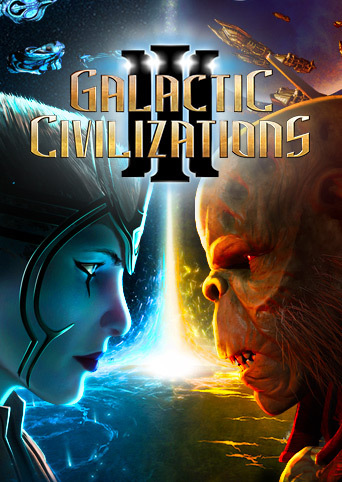
Having played my fair share of 4X games, I can say without a shred of doubt that GalCiv 3 is an abomination in every sense of the word. - There is no end game, no real progression - Tech trees are mostly just bonus trees. Now real new technology apart from a few hulls and lots of items with a bigger number than the one that precedes them. They introduce no diversity in gameplay. - There are no fun tactics because everything follows a framework of small > big > bigger, as with the tech tree. - Planet building is tedious, while a funny minigame in its own right that allows you to make the most of specific planetary tiles, after doing that three times, it's a chore that adds nothing to the game. - Combat is dull and bland - The overall look of the game is tacky. Tiles and the star map don't convey a sense of being in space, movement looks clunky 'per tile' and makes it feel and play like a board game, but without any soul to it. - The fact that there is a DLC out already while the base game offers virtually nothing except a glorified set of customizable sliders and races, is a big warning sign. The vanilla release is ridiculously overpriced and extremely bland and basic. So. Stay in a galaxy far, far away, GalCiv 3.